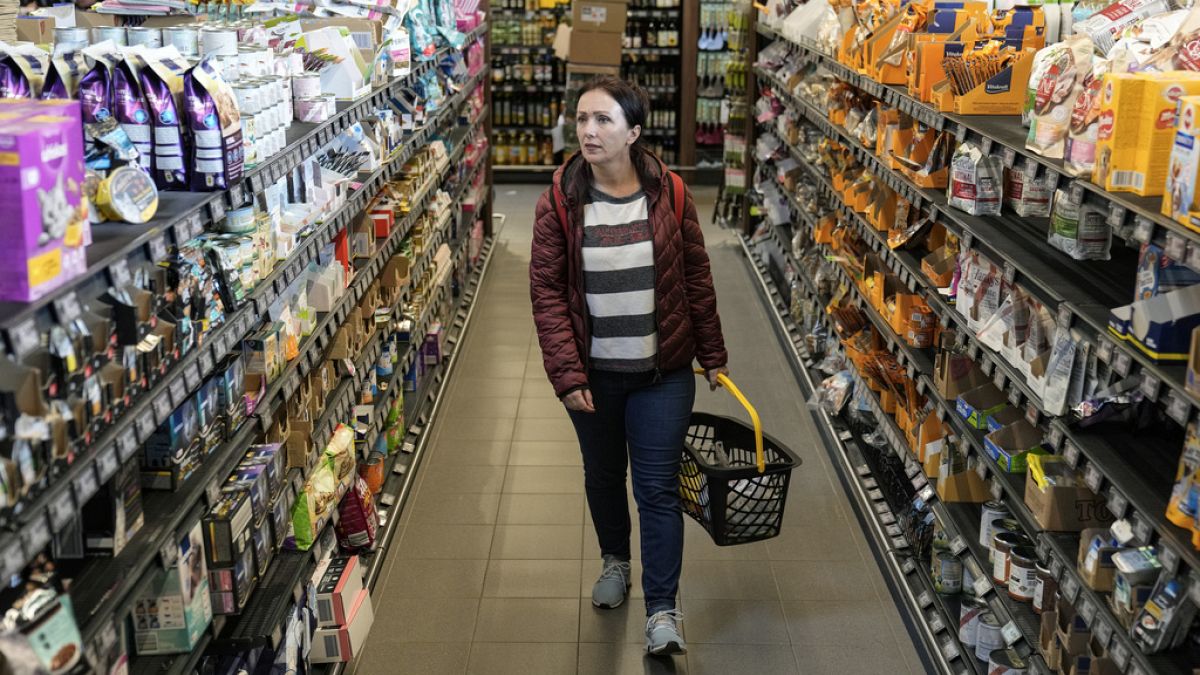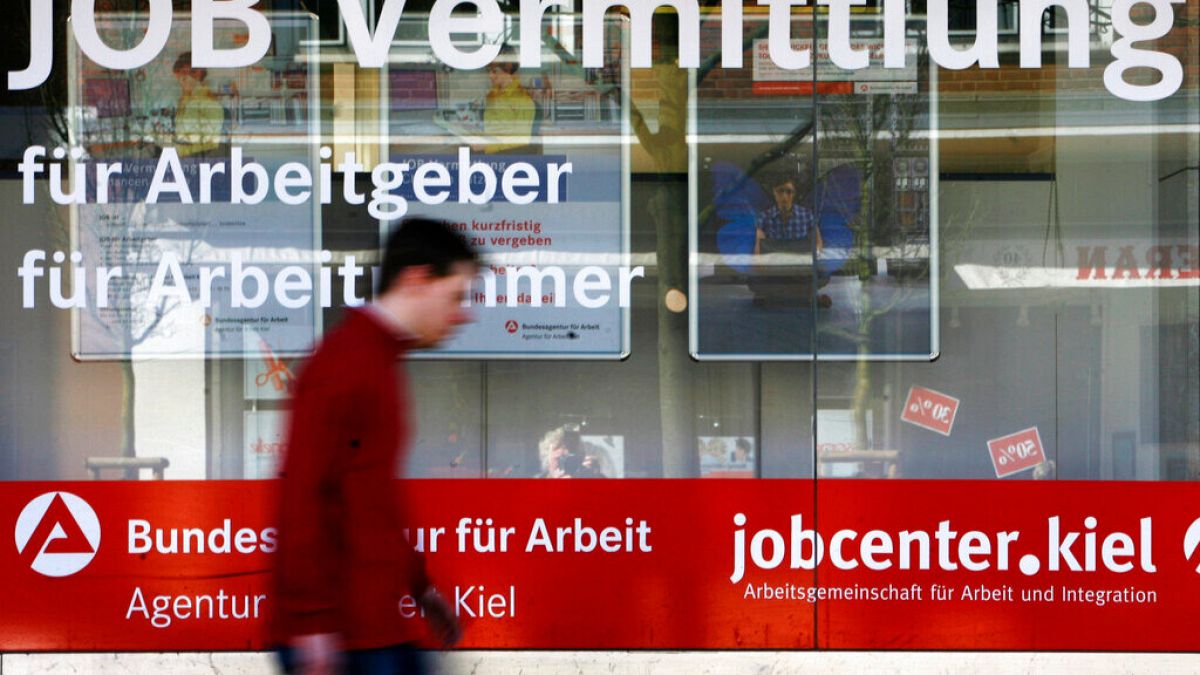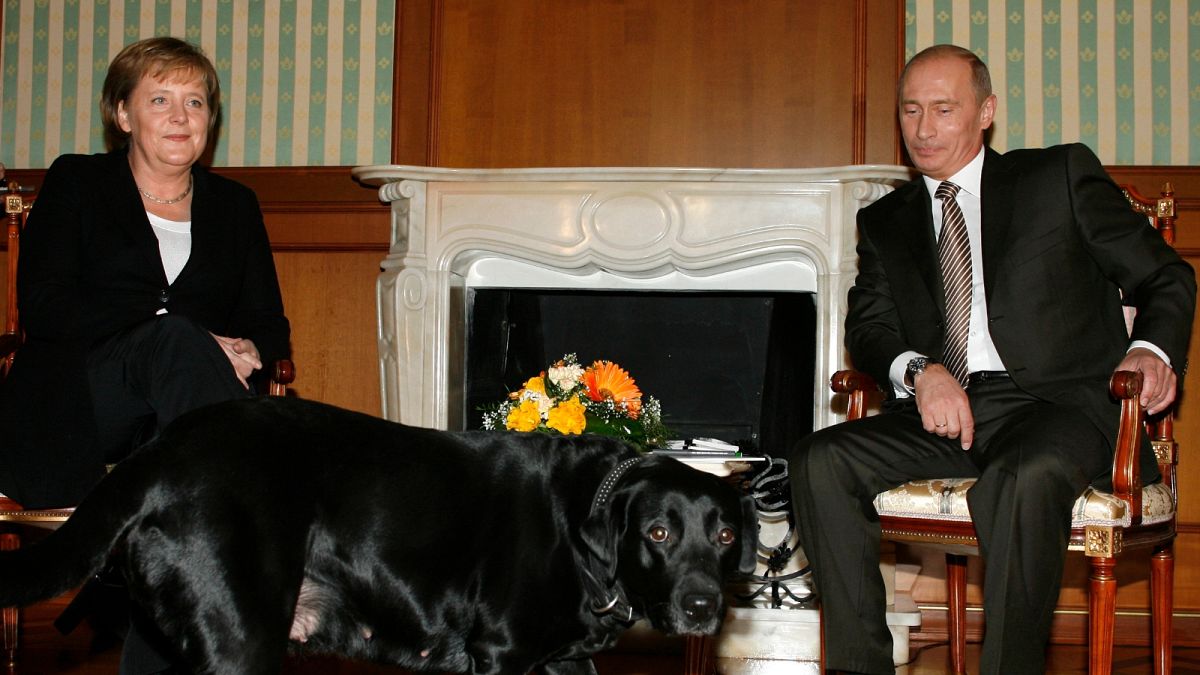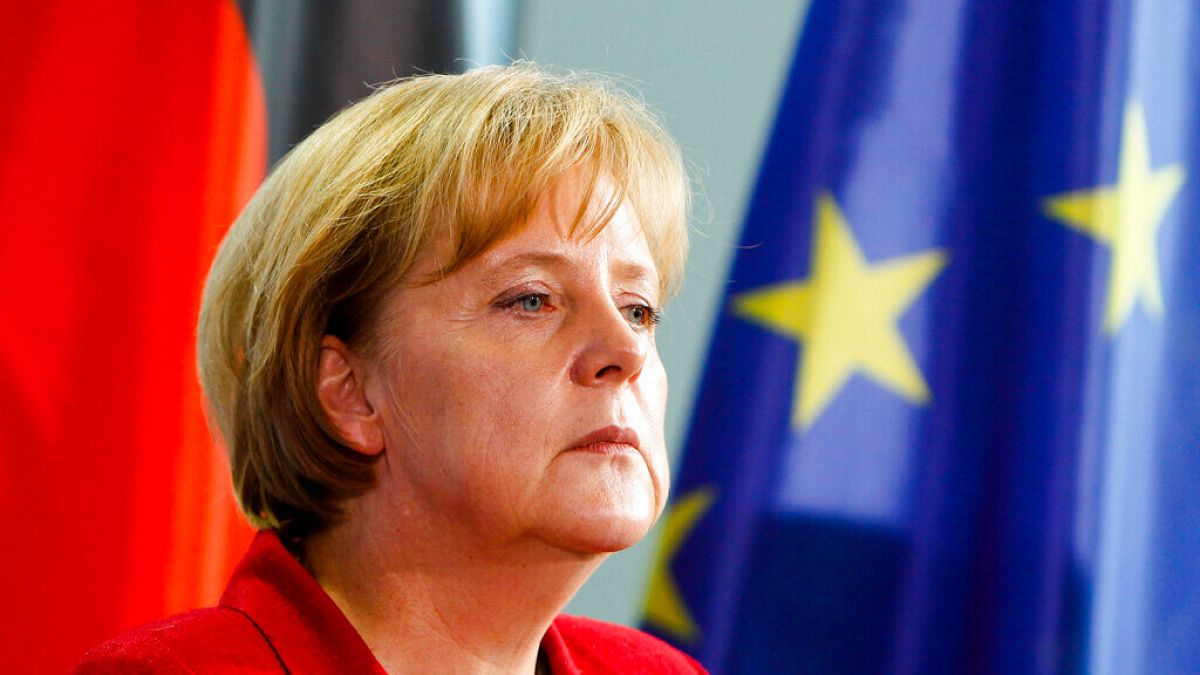UK and Germany agree to joint action against people-smuggling gangs
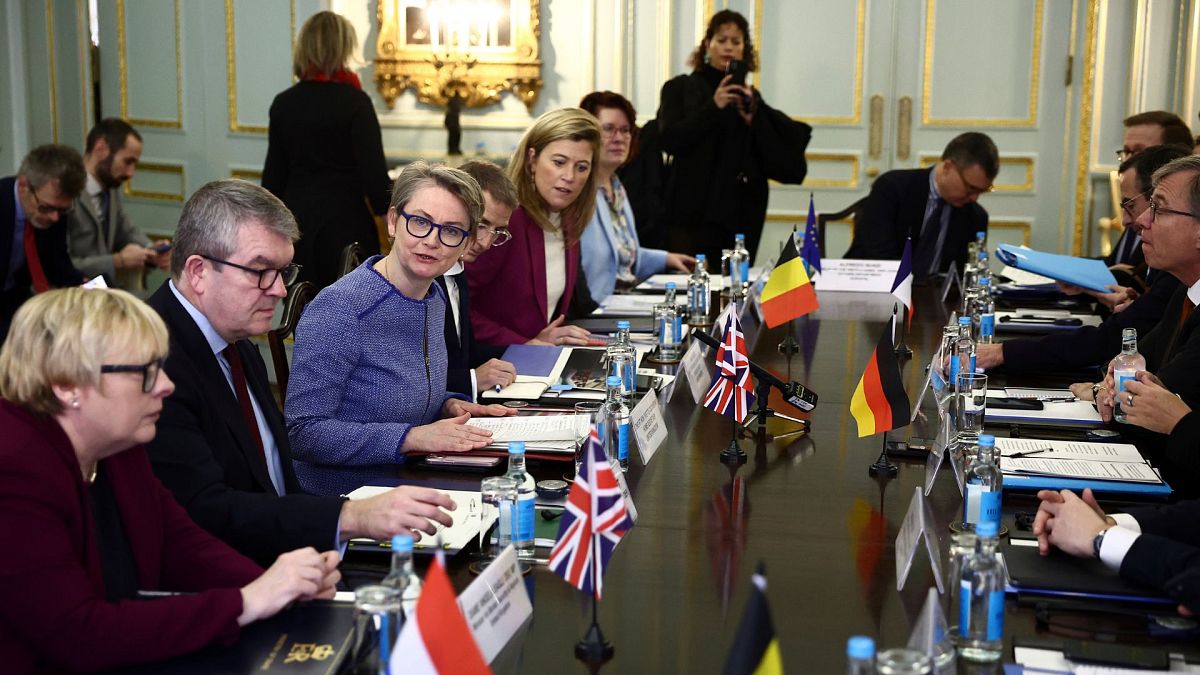
The agreement includes intelligence sharing, targeting smuggling networks’ financial flows, and removing online content promoting illegal mi
The UK and Germany announced a joint commitment on Tuesday to tackle people-smuggling operations responsible for sending migrants across the English Channel in small boats.
UK Home Secretary Yvette Cooper and German Interior Minister Nancy Faeser signed a “joint action plan” in London to strengthen intelligence sharing and cross-border cooperation.
Under the agreement, Berlin will make facilitating migrant smuggling to the UK a specific criminal offence. Many of the dinghies used for Channel crossings are stored in Germany.
“These criminal gangs who organise dangerous small boats across the channel that undermine our border security, that put lives at risk, are also the same gangs that are operating in Germany, that are operating right across Europe and beyond” stated Cooper.
“Law enforcement needs to operate across borders as well,” she added.
Faeser stated that the collaboration would involve “maintaining a high investigative pressure, exchanging information between our security authorities as best as possible, and persistently investigating financial flows to identify the criminals operating behind the scenes.”
The agreement also includes efforts to remove people-smuggling content from social media platforms, where gangs advertise their services.
The signing took place ahead of a meeting of the “Calais Group”, which includes the UK, Germany, Belgium, France, and the Netherlands, as well as Europol and Frontex.
This collaboration marks a step in rebuilding the UK’s post-Brexit law enforcement ties with European neighbours.
Brexit has complicated international cooperation by removing the UK from Europol and the EU’s intelligence-sharing framework.
Despite ongoing efforts by the UK and France, the Channel remains a significant route for migrants fleeing conflict or poverty.
Many migrants prefer the UK due to language, family connections, or the perception of easier access to asylum and employment opportunities.
More than 31,000 people have made the dangerous crossing this year, surpassing 2023’s total with over 70 lives lost, making it the deadliest year since crossings surged in 2018.
Source: Euro News









